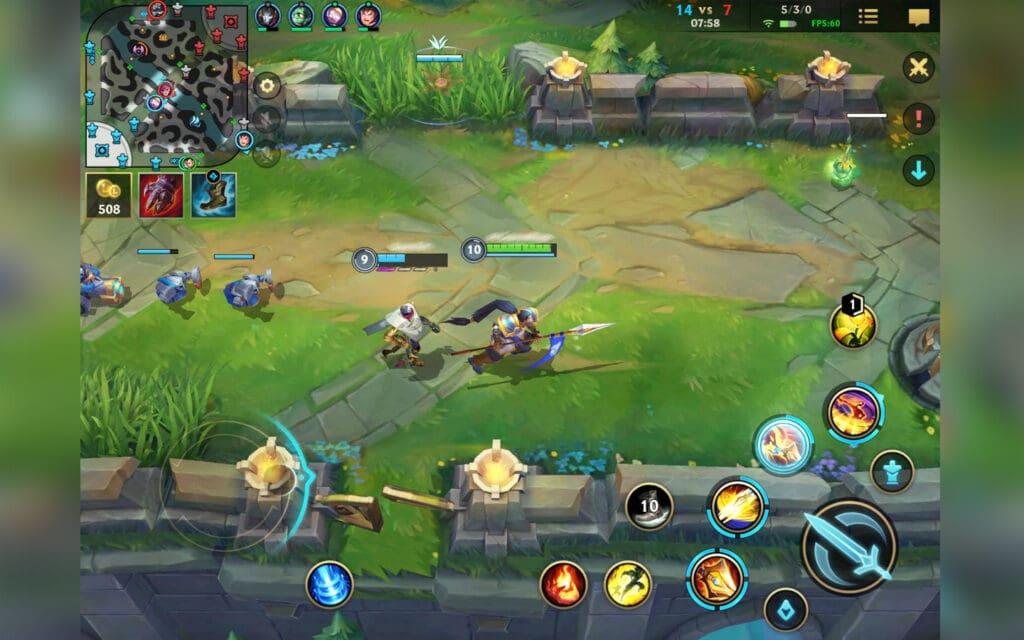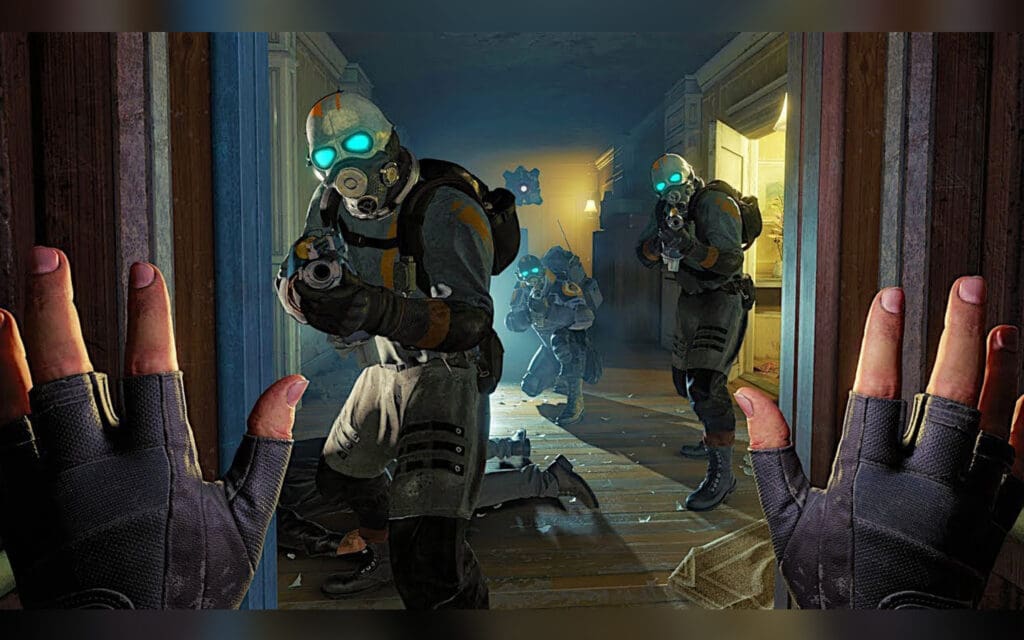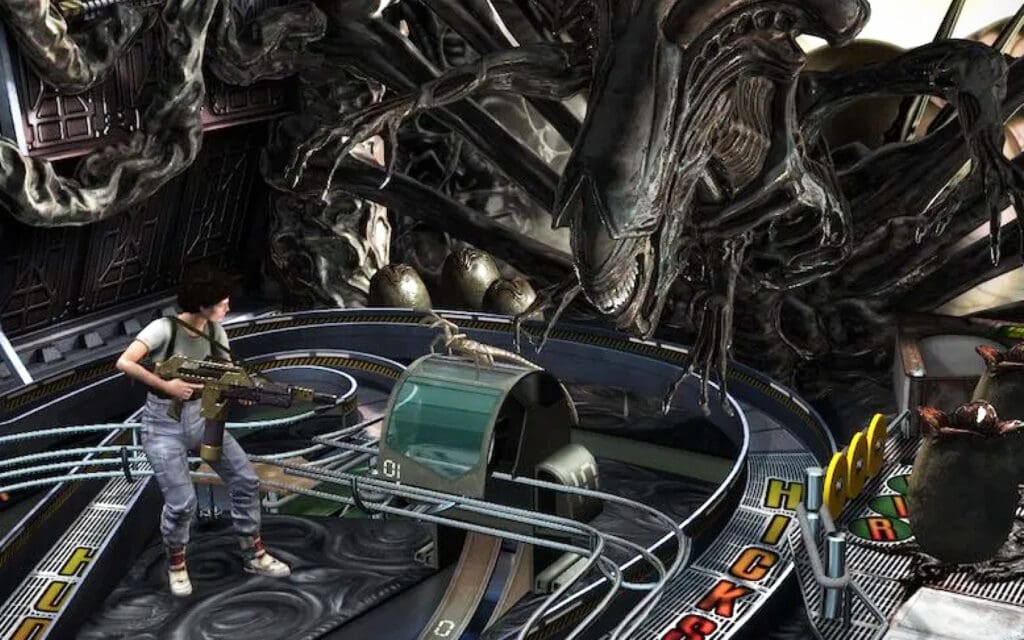Gamer burnout can sap the joy out of play, leaving you feeling mentally exhausted and disconnected from a hobby you once loved. It often arises from overexposure, lack of variety, or pressure to perform—impacting both your enjoyment and overall well-being.
The good news is that recovery is possible with a few mindful adjustments. These 15 simple strategies can help you reset, find balance, and reignite your passion for gaming.
1. Take Regular Breaks

Frequent short breaks during gaming sessions help reduce eye strain and physical fatigue. Even standing up, stretching, or walking around for a few minutes can make a big difference.
2. Diversify Game Genres
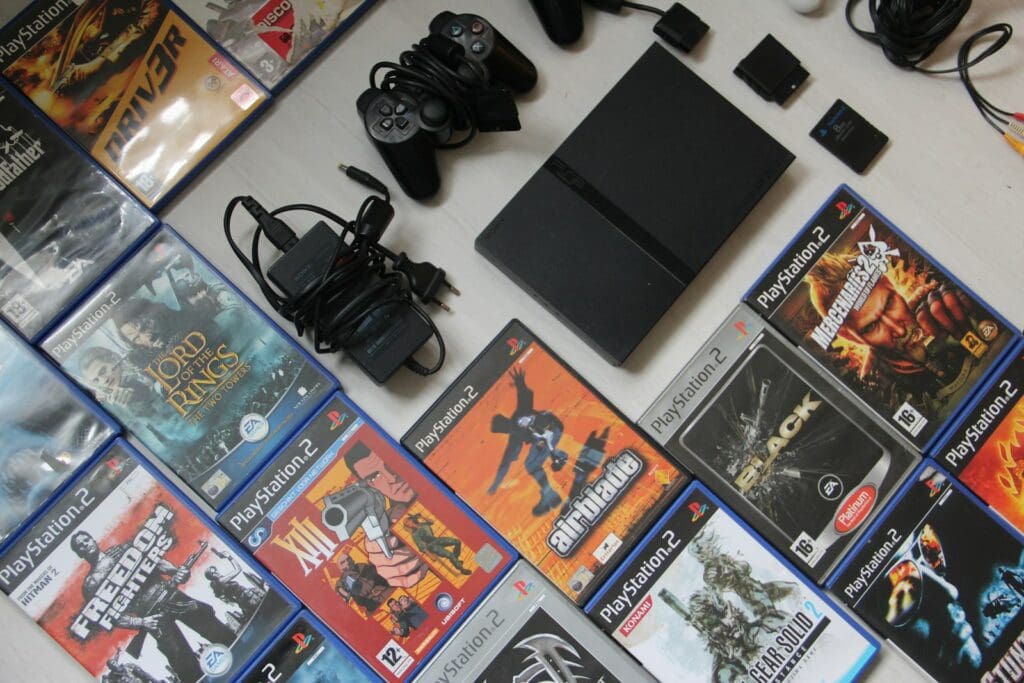
Playing different types of games can keep your mind engaged and prevent boredom from repetitive mechanics. Try switching between action, puzzle, narrative, and strategy genres to refresh your interest.
3. Set Time Limits
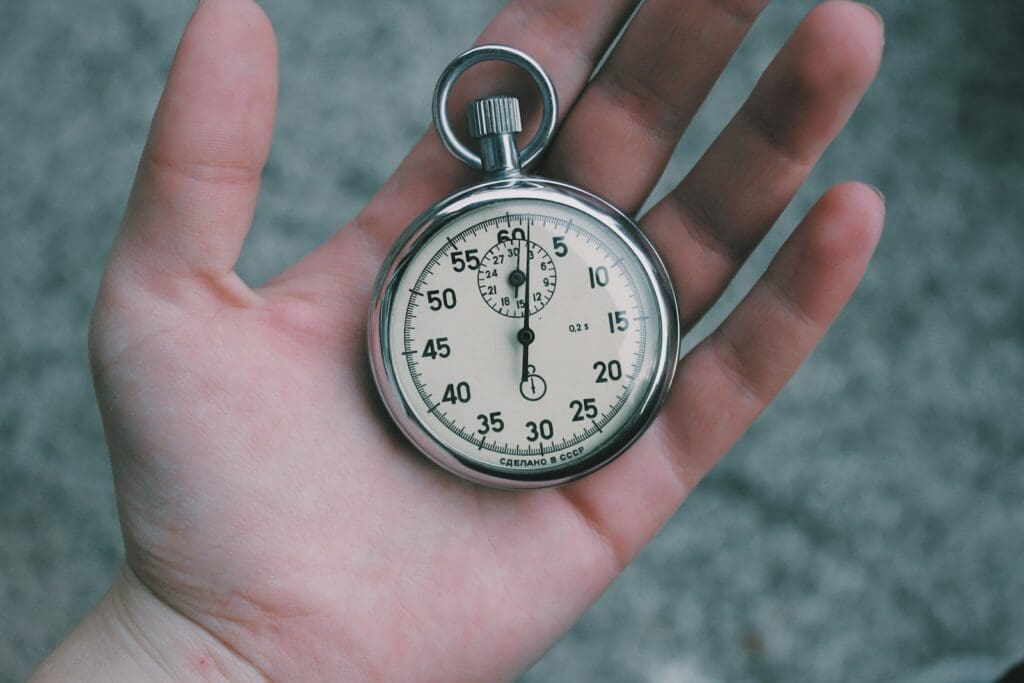
Creating clear time boundaries helps prevent gaming from taking over your day. Use timers or in-game parental controls to stick to your limits.
4. Engage in Physical Activity

Moving your body boosts your energy, mood, and reduces stress hormones. A short workout or even a walk can help reset your mind after long screen time.
5. Prioritize Sleep

Lack of sleep from late-night gaming harms focus, mood, and overall health. Aim for 7–9 hours of sleep and avoid screens at least 30 minutes before bedtime.
6. Stay Hydrated and Eat Healthily

Dehydration and poor nutrition can lead to fatigue, headaches, and poor reaction time. Keep water nearby and choose snacks that fuel your brain and body.
7. Socialize Outside of Gaming

Spending time with friends and family offline creates emotional balance and deeper connections. It also reminds you that your identity isn’t only tied to gaming.
8. Pursue Other Hobbies

Hobbies outside of gaming help you discover new passions and prevent burnout from over-reliance on a single activity. Try art, music, reading, or anything that makes you curious.
9. Practice Mindfulness or Meditation

Mindfulness practices like deep breathing or guided meditation can help calm your mind and improve focus. Just 5–10 minutes a day can lower anxiety and enhance well-being.
10. Reassess Gaming Goals
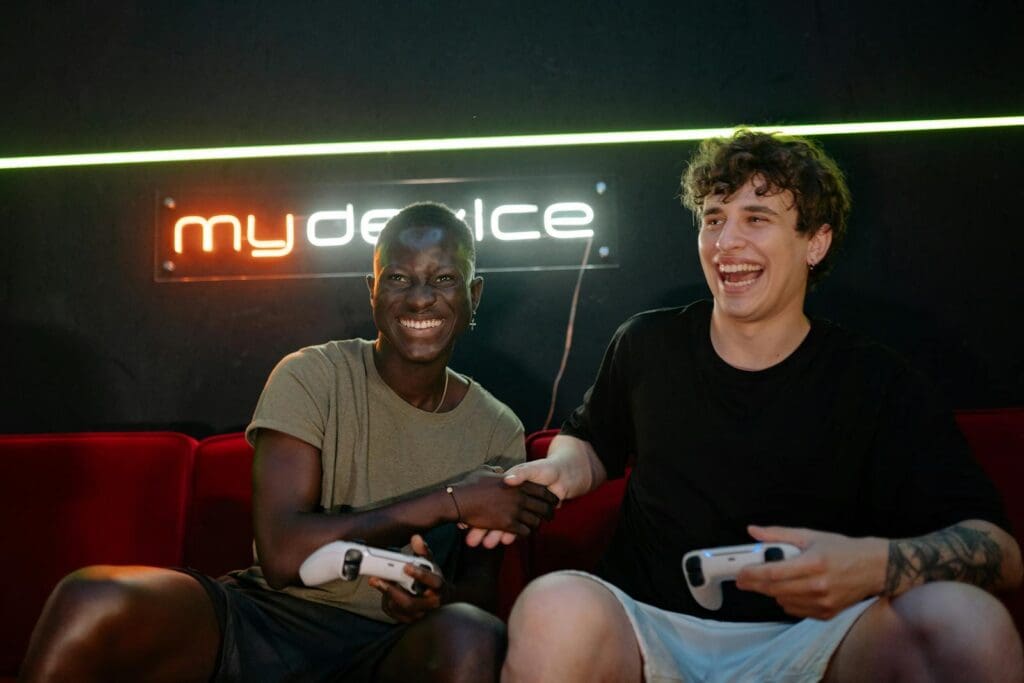
Think about why you play—whether for fun, challenge, or connection. Realigning your intentions can bring back the joy and reduce pressure to “win” or grind.
11. Avoid Multiplayer Pressure
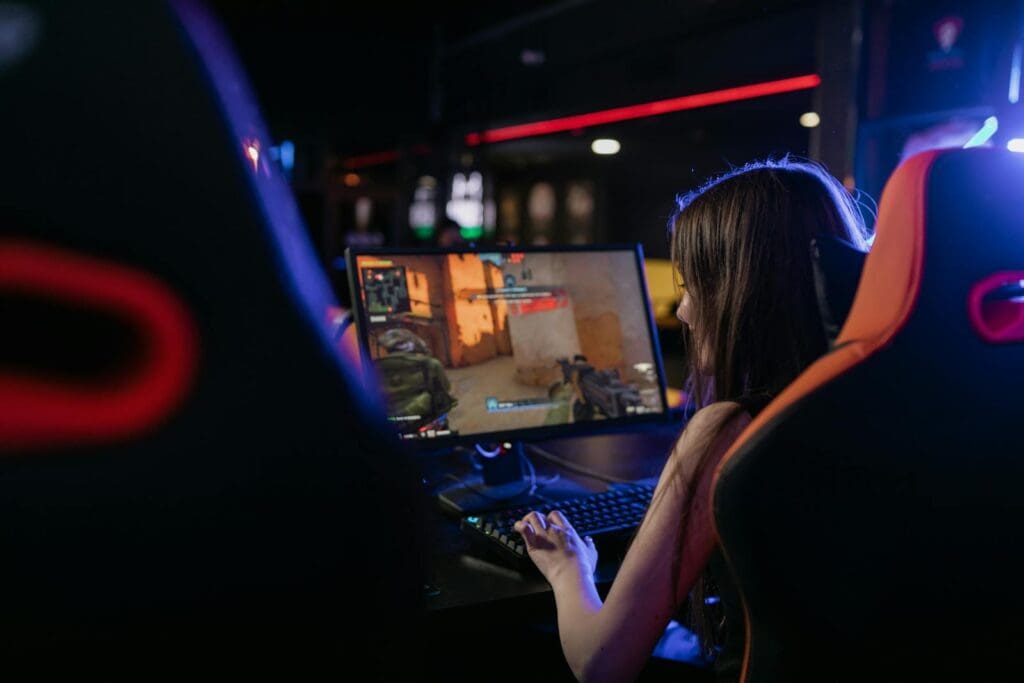
Online competitive games can be stressful and emotionally draining. If it’s no longer fun, shift to casual or single-player games where you can relax and enjoy the experience.
12. Customize Game Settings
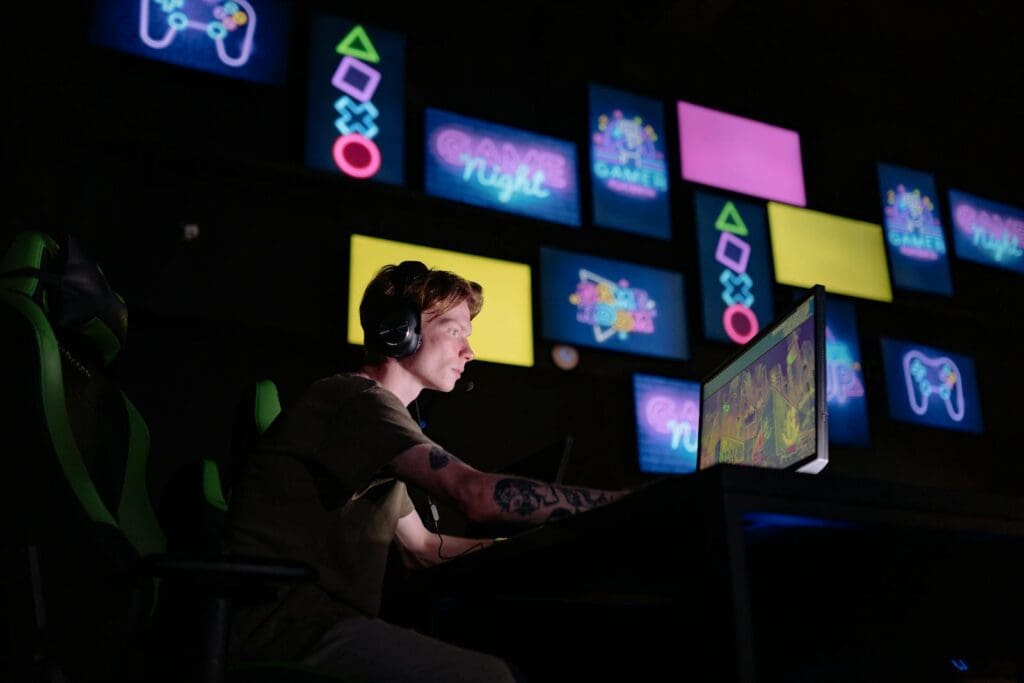
Adjusting difficulty, controls, or screen settings can reduce frustration and increase enjoyment. Play in a way that feels good for you, not just what others expect.
13. Limit Exposure to Gaming News

Constant updates, patch notes, and community drama can be overwhelming. Choose a few trusted sources or take breaks from the news entirely to reduce information overload.
14. Seek Support if Needed

If burnout lingers, talk to a friend, therapist, or support group—you’re not alone. Mental health matters just as much as physical health, even for gamers.
Read More: 10 Classic Beat ‘Em Ups You Can Play on Switch
15. Take Extended Breaks When Necessary

Sometimes the best move is to step away completely for a while. A week or more off can help you miss gaming in a healthy way and return with renewed energy.
Implementing these strategies can help restore balance, making gaming an enjoyable part of your life again.
Read More: 15 Signs You’re Taking Gaming Too Seriously










